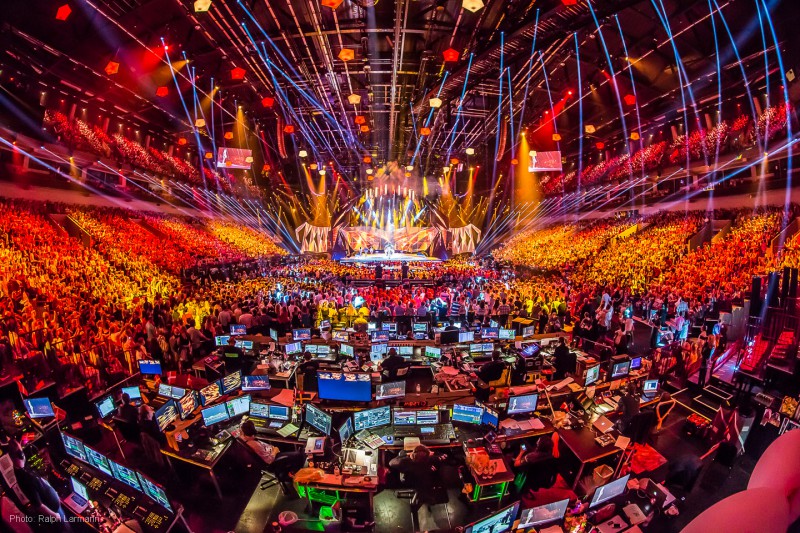Eurovision, the glittering annual celebration of music and unity, finds itself at the heart of a political storm this year. Israel, a country with a storied history in the competition, having clinched the title four times, is now facing an unprecedented backlash. Musicians and activists are urging broadcasters to shun the Jewish state over its actions in Gaza, turning the pop culture extravaganza into a battleground for geopolitical disputes.
A Chorus of Dissent
The outcry reached a crescendo in Sweden, the host nation for this year’s contest. Over a thousand artists, including the internationally acclaimed singer Robyn, penned a vehement letter to the European Broadcasting Union (EBU), accusing it of turning a blind eye to what they termed the “humanitarian catastrophe” unfolding in Gaza. Similarly, Finnish performers have called upon their national broadcaster to press the EBU into ensuring that Israel’s participation does not serve as a facade for image laundering amidst serious allegations of war crimes.

The EBU’s Stance Amidst Rising Pressure
Despite the clamor for exclusion, the EBU reaffirmed Israel’s eligibility, asserting that its broadcaster, KAN, had met all requisite conditions for entry into the 2024 contest. This decision echoes a broader trend of international bodies maintaining engagement with Israeli entities in various global forums, despite the controversy. However, this stance has not quelled the growing unease among EBU members, with Sweden’s SVT openly challenging the Union to reassess its criteria for participation in light of the prevailing circumstances.
The Ripple Effect Across Europe
The debate over Israel’s role in Eurovision has reverberated across the continent, with public broadcasters feeling the heat from all sides. Ireland’s RTÉ and Norway’s NRK have been inundated with pleas and protests, ranging from email campaigns to dramatic demonstrations, calling for a reevaluation of Israel’s participation. Meanwhile, Iceland’s RÚV has opted to postpone its decision, pending the outcome of a selection process that intriguingly includes a Palestinian artist among its contenders.
Beyond the Music: A Political Arena
The contention surrounding Israel’s involvement underscores a broader question about the place of politics in Eurovision. Historically, the EBU has strived to maintain the competition as a neutral zone, free from political machinations. Yet, recent years have seen this principle challenged, notably with the exclusion of Russia and the overt support for Ukraine in the previous editions, signaling a shift towards a more politicized Eurovision. The ongoing debate raises fundamental questions about the essence of the contest and whether it can truly remain an apolitical platform amidst the complex realities of international relations.

